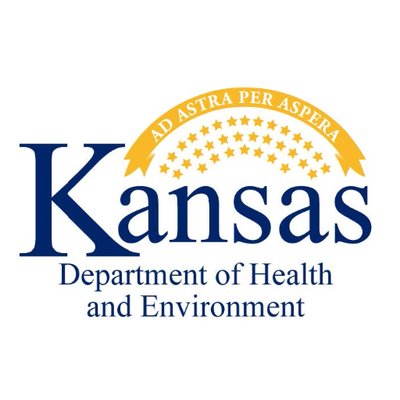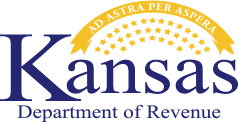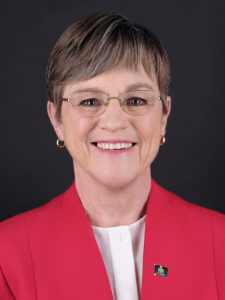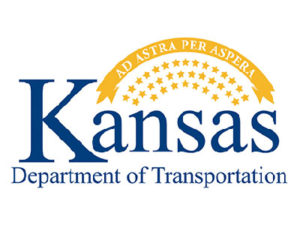KDHE Announces Nineteen Additional Grantees for Drug Endangered Children Program

Kansas Department of Health and Environment (KDHE) announced the second round of funding for the Drug Endangered Children in Kansas (DECK) program. The first round of funding, awarded in October 2023, included 18 communities. With the additional funding, there will be a total of 29 DECK grantees across the state receiving a total of $3 million. The funding is part of a grant KDHE received from the U.S. Department of Justice.
“Providing resources and assistance to stop the impact of drug addiction on Kansas children is critical,” KDHE Secretary Janet Stanek said. “This funding increases awareness and allows us to establish important partnerships with the justice system and behavioral health and public health practitioners across the state.”
Drug endangered children are those who are at risk of suffering physical, mental or emotional harm as a result of substance misuse by a parent or caregiver. They may also be children whose caretaker’s substance use interferes with the ability to parent and provide a safe and nurturing environment.
An estimated 165,847 Kansas children are living in environments where their parent or caregiver uses substances. In addition, approximately 3,781 infants are born exposed to substances in Kansas each year. The goal of DECK is to reduce the number of children who experience environments where substances are used by increasing identification of and improving the response to these children.
The organizations from southwest Kansas receiving funding include IMPACT Ulysses Inc., a $90,499.04 award for Grant County, and Liberal Area Coalition for Families, a $50,000 award for Seward County.
This project was supported by Grant No. 15PBJA-22-GG-04475-COAP awarded by the Bureau of Justice Assistance. The Bureau of Justice Assistance is a component of the Department of Justice’s Office of Justice Programs, which also includes the Bureau of Justice Statistics, the National Institute of Justice, the Office of Juvenile Justice and Delinquency Prevention, the Office for Victims of Crime, and the SMART Office. Points of view or opinions in this document are those of the author and do not necessarily represent the official position or policies of the U.S. Department of Justice.
For more information about the DECK project, visit DECK website at Kansas-dec.org.







